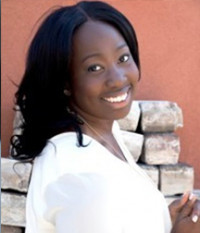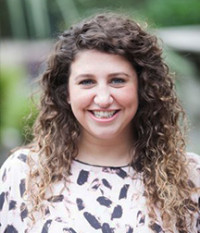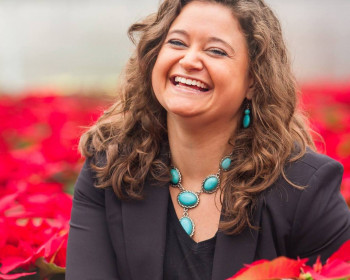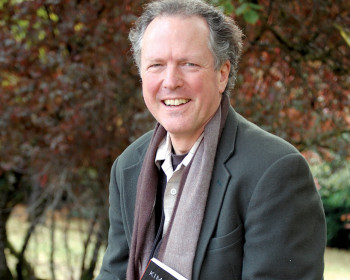Q&A: Equity in the Treatment of Eating Disorders
Open gallery

It has been commonly recognized that Eating Disorders do not discriminate, as they can affect all persons regardless of race, ethnicity, social economic status, or religion, etc. Despite this postulation, Eating Disorders are often underdiagnosed in many cultures due to the lack of knowledge or understanding.
Joy Ssebikindu, LPC, and Malak Saddy, RD, LD of the Center For Discovery will be presenting Best Practices for Building Diversity and Inclusion in the Treatment of Eating Disorders at this year’s Columbia River Eating Disorder Network Conference taking place April 27th at Lewis & Clark College. Content will explore diversity, culture, and the negative impact of Anglo-centric treatment modalities in the outpatient and inpatient treatment of Eating Disorders.
We chatted with Joy and Malak about their upcoming presentation, and why this training topic is essential learning for all mental health practitioners.
Learn more about the CREDN conference here
Tell us a bit about your backgrounds and how you became interested in the treatment of eating disorders?


Eating disorders have traditionally been seen as a “white woman’s problem”, with the reality being that they affect those of all genders, races, ethnicities and socioeconomic statuses. What are some of the ways you have seen the failure to fit this stereotype affect the diagnosis and treatment of marginalized populations?
Most of the diagnostic criteria in the Diagnostic and Statistical Manual of Mental Disorders is based on the notion that there is are normative values. However, what we are seeing is that these diagnostic markers are not always sensitive to varying cultures. Many clients/patients of marginalized communities will go undiagnosed simply because clinicians are not screening for eating disorders within their own multidisciplinary team. We have seen and heard how diverse clients at times feel as if the westernized treatment creates a superior or “all size fits all” treatment mentality, which leads the client to experience more shame around their own traditions. For example, we often assume that those who fall victim to the development of an eating disorder are susceptible to the “thin ideal”, which may not be the case depending on a person’s value. Clinically, we must be willing to explore specific distortions within ourselves and potential body image differences within our clients through individualized care.
Why do you think it is important for all practitioners to be cognizant of potential biases and the negative impact of Anglo-centric treatment modalities in counseling and therapy–perhaps those that aren’t working explicitly in eating disorder treatment?
As clinicians, whether it be in or out of the eating disorder realm, we need to come from a place of curiosity and awareness. The failure to acknowledge our client’s perspective of their own culture, background, and religion can add to the shame that they may already feel. The stigma around seeking support for mental health issues can be deeply rooted in diverse populations and if we are dismissive of that it can add to feelings or urges of isolation and not feeling as though they can be heard.
Is there anything else you want to share about your upcoming presentation, or your work in eating disorder treatment?
We recognize that the topic of diversity and inclusion can be a difficult conversation to engage in. In this day and age, such topics are emotional charged and we often get feedback that in conversation about race, ethnicity, and the recognition of White privilege, members of majority groups often feel defeated and powerless. That is not our goal! Bringing awareness to issues of diversity and inclusion, we hope that audience members walk away with the confidence to continue the conversation.
Learn more about the upcoming 2019 Columbia River Eating Disorder Conference program
Graduate Communications is located in room 205 of Rogers Hall on the Graduate Campus.
voice 503-768-6054
fax 503-768-6053
Graduate Communications
Lewis & Clark
615 S. Palatine Hill Road
Portland OR 97219

